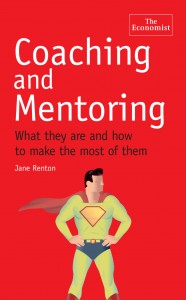 As a psychologist, as an entrepreneur, consultant and business owner, who has also spent time in the corporate environment heading large teams, Christine clearly sees the challenges facing business owners, executives and leaders in positions of great responsibility, and the pressures they experience in these disruptive and unceratin times. Her strategic thinking capabilities, creativity, compassion and vision lend powerful insights to the coaching and mentoring experience she offers.
As a psychologist, as an entrepreneur, consultant and business owner, who has also spent time in the corporate environment heading large teams, Christine clearly sees the challenges facing business owners, executives and leaders in positions of great responsibility, and the pressures they experience in these disruptive and unceratin times. Her strategic thinking capabilities, creativity, compassion and vision lend powerful insights to the coaching and mentoring experience she offers.
Her extensive training in psychological wellbeing and therapeutic coaching enable Christine to attend to mental health challenges where need may arise, and the role requires. This is a a rare attribute and opportunity which fosters consistency and continuity in the client experience.
Christine believes in the vital importance of effective communication, openness, authenticity, and in identifying values, meaning and purpose in life. This enables her clients to gain clarity, build better relationships, have greater engagement, and live in richer more fulfilled ways so that they can express their potential, love what they do, and enjoy the successful and well-rounded lives they desire.
Contact Christine to explore how she can support you towards greater wellbeing and fulfillment.













